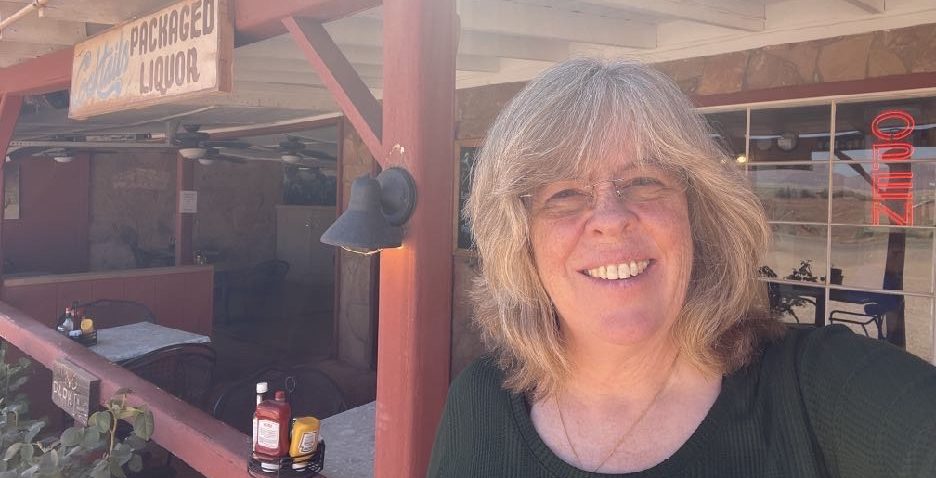The NIH Report Solved Everything.
Several months ago, my mother told me that Dylan could get accommodations in college.
“No,” I told her. “There’s no way! I’ve been researching it for years!” (Even at my advanced age, I think I am right about everything.)
“My friend’s husband does this for a living,” she said.
So I had to rethink. Maybe Mom was right after all.
Sure enough, Dylan could get accommodations for his ADHD at college. While on campus for orientation, I stopped in to see Student Support Services, the folks who handle such things.
“Sure,” they said. “He would just need to be retested if he hasn’t been tested in the past three years.”
Oh no, I thought. Dylan hadn’t been tested since the fourth grade. And even back then, it cost $2,300.
I broke the news to Dylan, and we gave up. This was long before he went to college, and we just figured he wouldn’t get accommodations. After all, we hadn’t been expecting them. He would have to survive.
Then Dylan got an email from the National Institutes of Health.
Dylan has been participating in an NIH study since he was in elementary school. Every couple of years, he visits them for a couple of days and they pay him a bucket-load of money to take quizzes and get an MRI.
So Dylan went back to NIH this summer, and pocketed some easy tuition funds.
A couple of weeks later, Dylan got a letter from NIH. It was a report, summarizing his visits – and announcing to the reader that Dylan definitely has ADHD, that he has been studied for many years, and that he still requires some accommodations with school work.
The NIH report solved everything. Dylan didn’t need to be retested. And his “recent report” came from the most prestigious research institution in the United States.
Dylan had to acquire his college accommodations on his own. He had to look through almost a decade’s worth of IEP paperwork, and was quite surprised at its relative uselessness.
“None of this even means anything!” he said. “And why would they need this? Or this?”
“You have no idea, Son,” I said. “I’ve been doing this for ten years!”
Eventually, Dylan got them what they needed, scanned it into the computer, and emailed it off.
A few weeks later, thanks mostly to my mom and NIH, Dylan had a letter assuring his accommodations.
All he had to do was go to a meeting on campus after he arrived – which he did – and have the documents signed by his professors.
Hopefully, he’ll do that, too.
